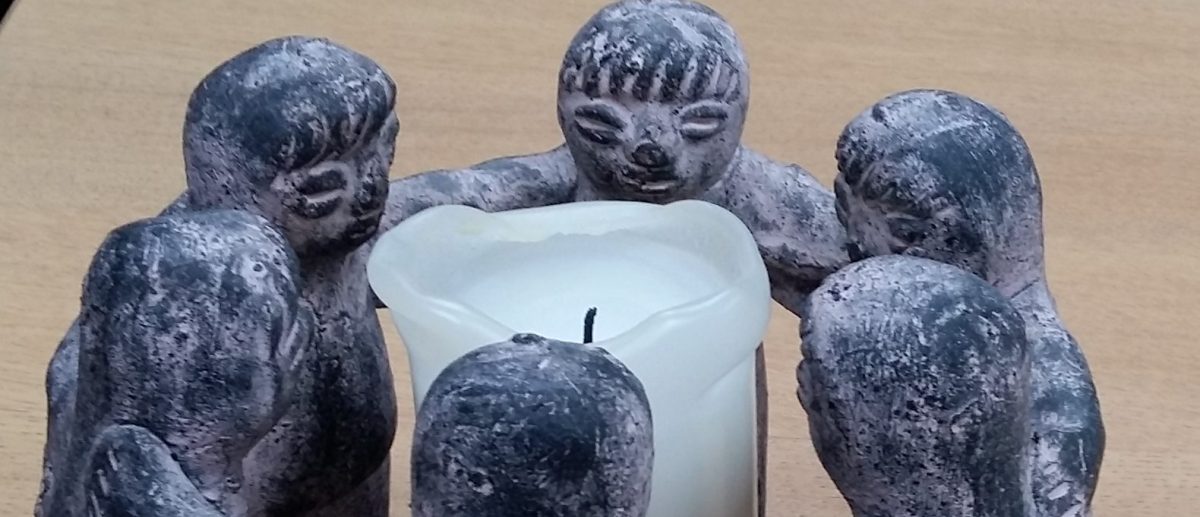
‘It will have a changed a lot!’ people advised when I said I was re-visiting Hong Kong after many years. As if this wouldn’t have occurred to me. Nobody asks if I have changed.
“Did you know that this lady’s father was an Executive Director of the Bank?” Chris tries to interest and impress a Chinese staff member at one of the 10 tourist wonders of Hong Kong – the Hong Kong Bank Building. The staff member nods politely. I’m squirming. It’s our first full day and we’ve been on the concourse below viewing photos and information on the history of the Bank. Chris hasn’t noticed that the only photo of white British HSBC staff is during the Japanese occupation – defeated, bedraggled gentlemen being pushed along at gunpoint by Japanese soldiers. The ‘Great British Colonial Period’ has been erased.
We’re following a tourist trail and we head off up Bank Street. I tell Chris of a memory that haunts me. It’s like a dream. I’m maybe 11 or 12 years old and I’m walking down Bank Street with the chauffeur, Ah Fan, in his grey uniform with his smart cap. That would be enough to deal with – walking down Bank Street with the chauffeur. But there’s more. As we walk down I become aware of a scrawny beggar on the pavement, squatting on some cardboard. Beside him, a dented bowl for money. He has no fingers. The chauffeur and I walk passed.
If only I could erase that piece of history. Today no beggars sit on Bank Street. In fact I’ve seen very few anywhere. I’m grateful.
As we walk on, something grips me. A sense that I ‘know’ this place. Not in an intellectual, ‘Oh, I remember that’ sort of way… but a warm physical buzz…. my body remembers this place. We’ve been following a map but I insist we change direction. There will be old stone steps on the opposite side of the road – steps I walked up often. As we approach they materialise and now I remember they will lead to the cathedral, the same cathedral where the flocks of widows waited for us after the service. They aren’t there today. Where have all the poor gone? Has Communist China done a better job of providing for them?
After a steep, sweaty climb we’re there. I don’t normally like cathedrals, but I like this one. It’s not big and it has a comforting feel, almost womb like with the smell of mahogany and old fans whirring soothingly above. On the right transept is a stone font where my younger brother was baptised.
The cathedral claims to have a maze which turns out to be a set of faded lines on cracked tarmac outside. I want to mark the beginning of this pilgrimage, so despite the bemused looks from a lunch time couple, I take slow steps, following the maze. The path teases me. I seem to be almost at the centre and then I’m away, right on the perimeter, apparently going nowhere. The path rambles back and forth and I become impatient and embarrassed at how stupid I look. Finally, it dives straight to the core and I’m there. Of course, this is what pilgrimage will feel like. As I stand there, it comes to me that Hong Kong was the birth place of my faith. This cathedral was the beginning and 20 years later this land and these people would give me the gift of a faith that would change my life… I had forgotten.



